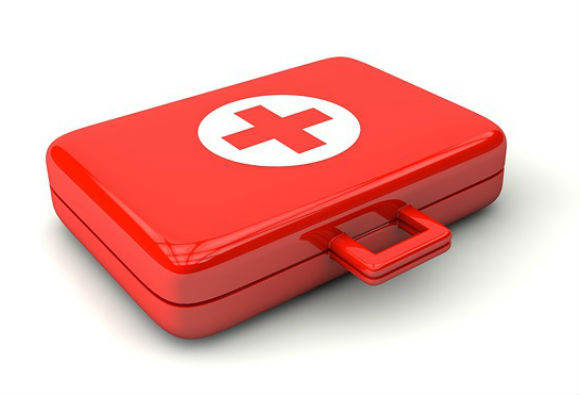School leavers in England to be taught first aid
- Emma Finamore
- Last updated 05 Jan 2019
In countries that teach CPR in schools, cardiac arrest survival rates are more than double those of Britain.

School leavers will be taught basic lifesaving skills under new government plans for health education to be provided in every school.
All secondary school leavers in England will be taught how to administer CPR, the purpose of defibrillators and how to give basic treatment for common injuries.
Damian Hinds, the education secretary, said of the move: “On arriving at university I was struck that the American students I met knew how to do CPR, and I didn’t have a clue. As a father I want my children to have the knowledge and skills they need to keep themselves safe and help others, and, as education secretary, I want that for every child.
“Learning the basic skills of first aid and techniques like CPR will give young people the confidence to know that they can step in to help someone else in need, and in the most extreme cases it could potentially save a life.”
In countries that teach CPR in schools, cardiac arrest survival rates are more than double those of Britain.
“There are 30,000 out-of-hospital cardiac arrests every year, and each day people needlessly die because bystanders don’t have the confidence or knowledge to perform CPR and defibrillation."
The British Heart Foundation has said introducing this training in schools could help improve on this - currently in the UK, less than 10% of people who have cardiac arrests while not in hospital survive the incident.
The plan - due to be rolled out in 2020 - is part of the Department for Education’s proposals to improve health, sex and relationships teaching.
Simon Gillespie, chief executive of the BHF, said: “The Department for Education’s plans to introduce CPR on to the curriculum is a decisive moment in the battle to improve cardiac arrest survival rates, following years of campaigning by the BHF and others.
“There are 30,000 out-of-hospital cardiac arrests every year, and each day people needlessly die because bystanders don’t have the confidence or knowledge to perform CPR and defibrillation.
“This is why all schoolchildren should be given the opportunity to learn these skills. Introducing CPR lessons into health education in all state-funded secondary schools is a significant step that promises to improve the odds of survival for countless people.”
News
- Young UK workers say they lack key skills compared to their European counterparts
- National Apprenticeship Week: record numbers apply for apprenticeships via UCAS
- Online university offers free degrees to Syrian refugees
- The best cities to study in for a career in the UK games industry
- GCSE results 2016: teenagers face an ‘information overload’ when it comes to career choices, says new report
- New Apprenticeship Launched as Pub and Bar Sector Seeks New Talent
- Boots joins pharmacy employers to propose pharmacist apprenticeships
- National Apprenticeship Week: Apprentices Earn Almost £4K More than Grads in their First Jobs
- High Percentage of Aspiring Young Entrepreneurs Don’t Believe They Need a Degree
- Exam Officers Warn GCSE and A-level Results May be Lower This Year